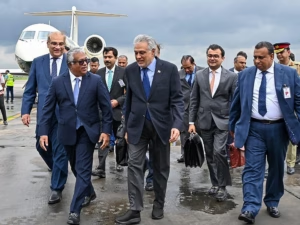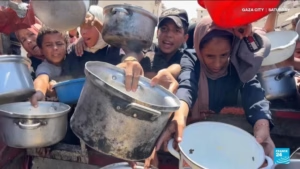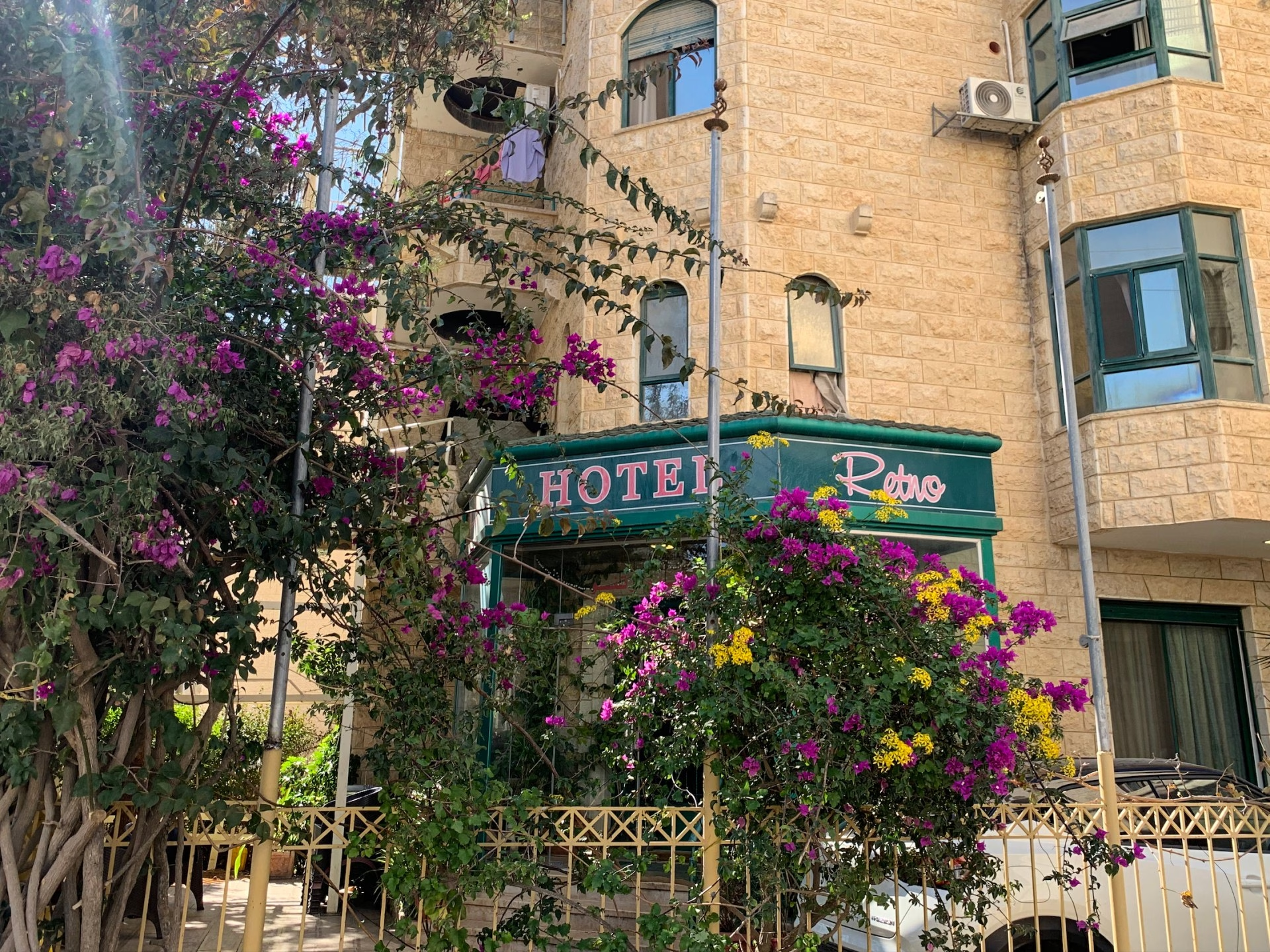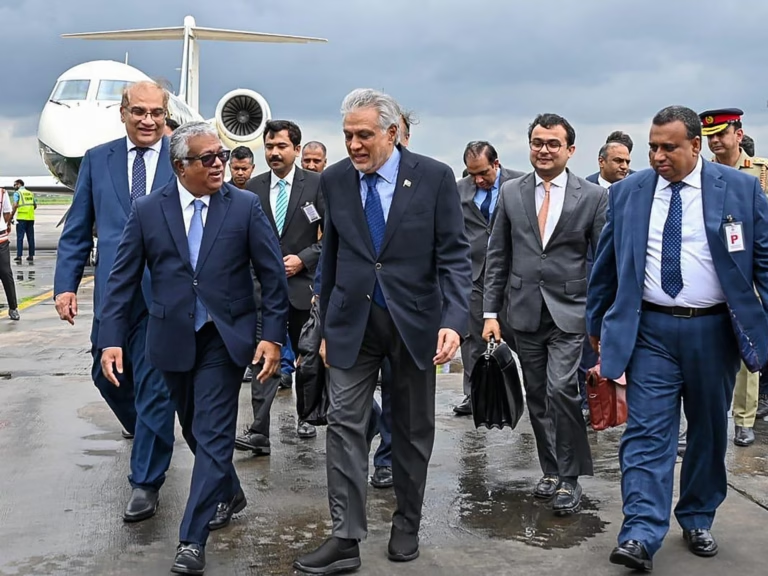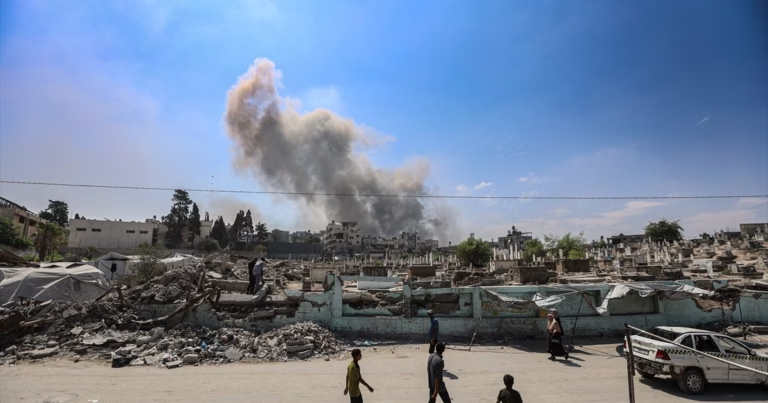In the heart of the occupied West Bank, the Retno Hotel has been a silent witness to more than a year of heartache and resilience. This family-run establishment, nestled in Ramallah, took on an unexpected role when the October 6, 2023, Hamas-led attack on southern Israel sparked a massive Israeli response. What was meant to be temporary shelter for Gazans seeking medical treatment became an uncertain home for many whose medical journeys were interrupted by war.
The Retno Hotel, with its 45 double- or triple-bedded rooms, was nearly full on that fateful evening, hosting about 70 guests, primarily Palestinians from Gaza along with a few Palestinian Americans. They had come for vital treatments unavailable in Gaza—cancer, heart issues, and developmental disorders among them. Ahmed Ayyash and his wife Maha, both in their sixties and battling leukemia, were among the guests, as was Shadia Abu Mrahil, accompanied by her 25-year-old son, Karam. The hotel, accustomed to these visits, offered a temporary reprieve from their ailments and the hope of returning home soon.
But as the war progressed, the hotel transformed. Patients undergoing treatment in nearby Istishari Hospital scrambled for safety, and many fled. Those who stayed behind, patients and their families, held onto the slim thread of connectivity with Gaza, where phone services were sporadic and news of loved ones scarce. For Ahmed, the days were filled with news updates and Telegram messages from Gaza, sharing and processing the terrible news that arrived in fits and starts.
The Israeli bombardment severed ties to basic necessities like food, water, and electricity for Gaza, exacerbating the plight of those dependent on the Retno’s care. The hotel, usually a beacon of warmth and music, became somber, its corridors echoing with the silent suffering of its inhabitants. Shields against the outside world, the windows blocked views of Ramallah’s limestone architecture, serving as a constant reminder of their displaced reality.
Nawaf Hamed, the hotel’s 66-year-old owner, struggled to maintain the semblance of normalcy as the guests’ despair deepened. Fluctuating payments from the Palestinian Authority due to Israeli tax withholdings left the hotel on shaky financial ground. This uncertainty weighed heavily on Nawaf, forced to contemplate the sustainability of continued support for the hotel’s inhabitants.
In the midst of their shared trauma, Ahmed and Maha clung to memories of home and the simple pleasures that used to be—visits to Al-Aqsa Mosque and indulging in kunafa in Nablus. Meanwhile, Shadia and Karam, mother and son, grappled with their separation from the home and community they once cherished, the very essence of their lives before the war’s relentless tide.
For Shadia, now financially reliant on the Retno’s accommodations and the-terror-riven silence of her own room, her cancer treatments have turned into a daily battle compounded by the war’s toll. Karam, her only son and confidante, strives to maintain a sense of normalcy amidst their adversity, the loss of their once-loved and vibrant home now a painful reality.
Among the stranded is Mohammed al-Assali, a lone survivor whose entire family was obliterated in the conflict. Heartbroken and physically debilitated by a stroke following the loss of his family, Mohammed now finds solace in conversation and shared grief with others at the hotel.
The Retno Hotel, once built with a dream of welcoming travelers, now stands as a testament to the Palestinian struggle. It is a place where dreams of returning home mingle with the harsh realities of medical treatment and financial struggles. Amidst the ruins of their old lives, the guests of the Retno find a community forged in shared suffering, holding onto the hope of rebuilding even as the future remains shrouded in uncertainty.
Source: https://www.aljazeera.com/features/2025/3/2/inside-the-ramallah-hotel-housing-gazas-cancer-patients?traffic_source=rss

